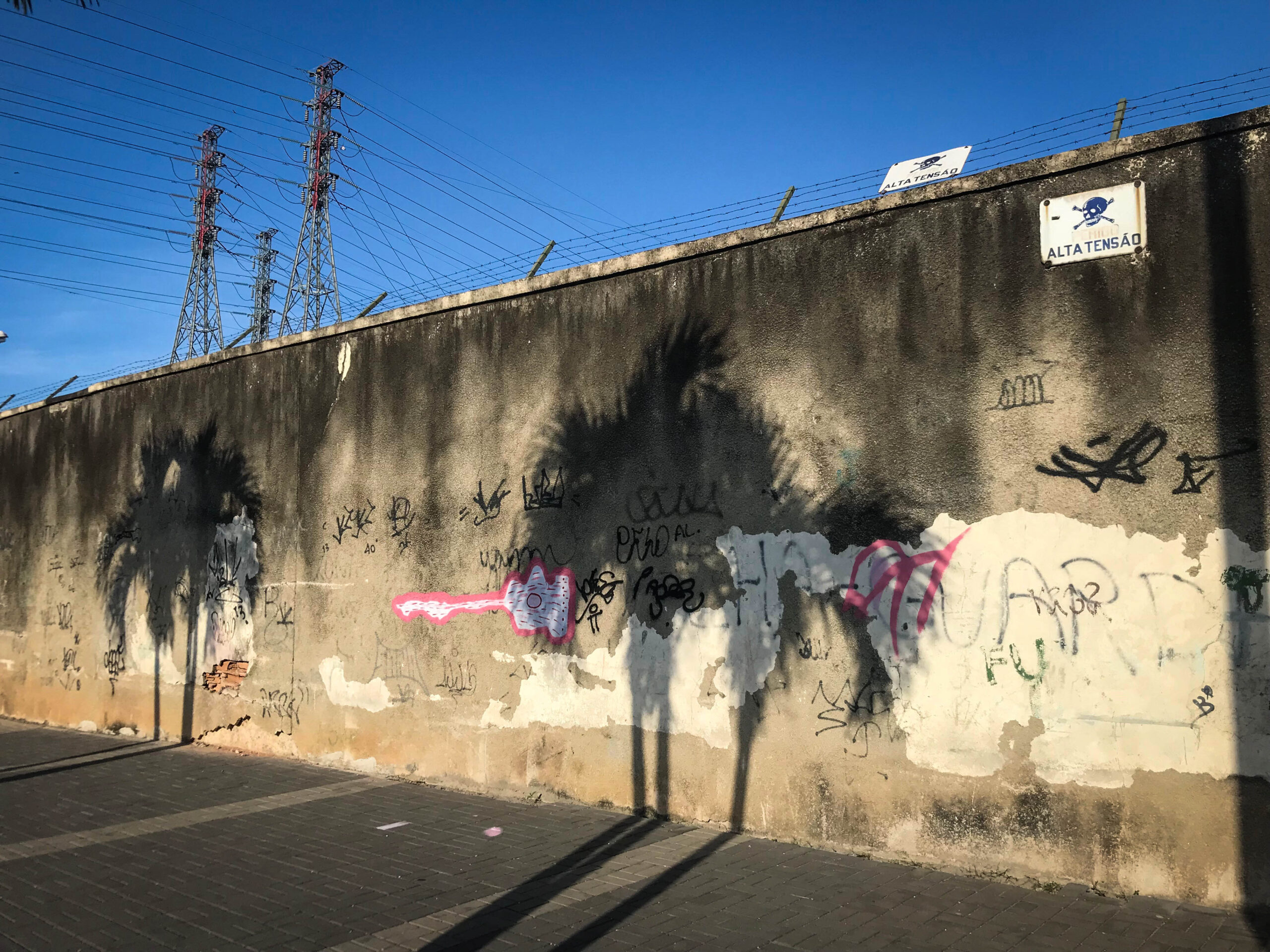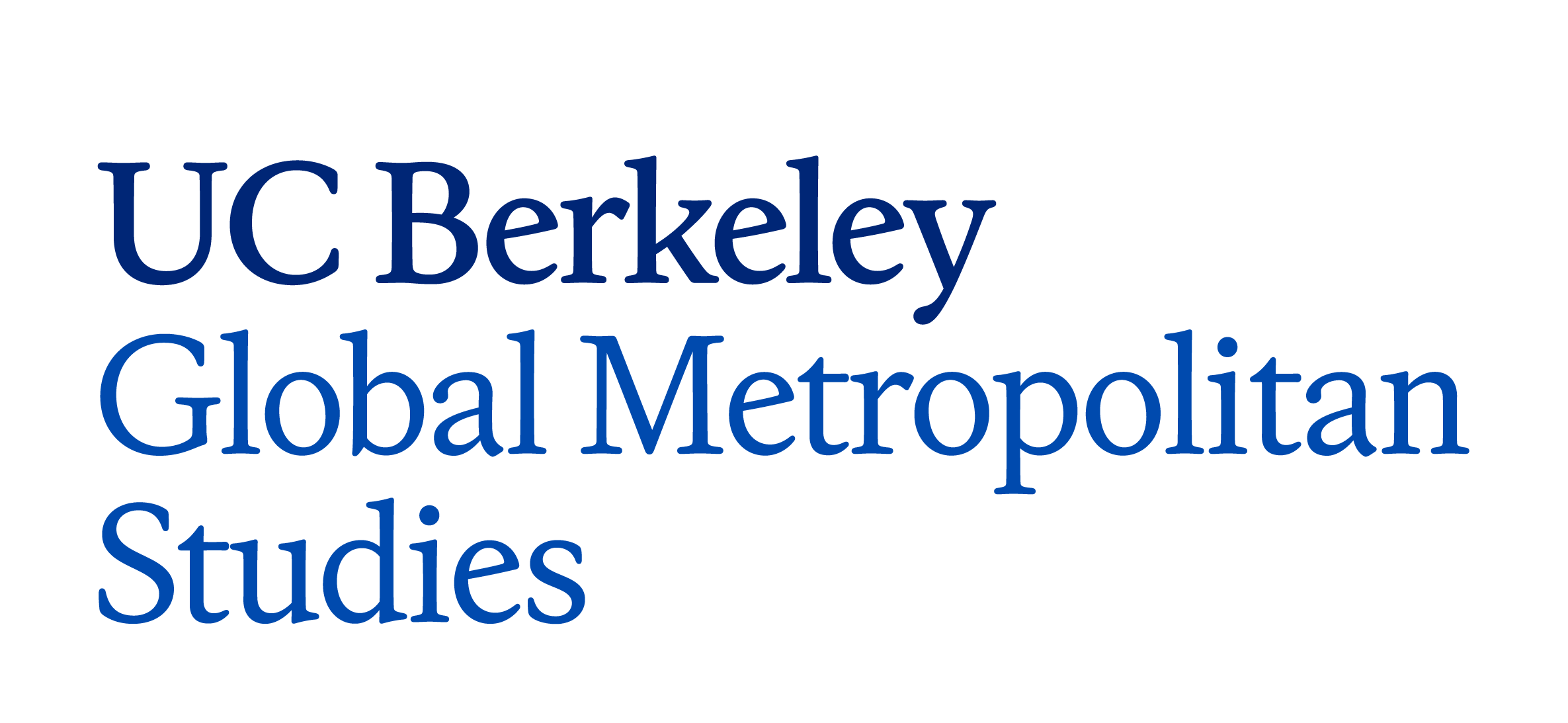My work investigates the unmaking of the procedures and imaginaries that constructed the contemporary project of democracy in Brazil. I do so by following the desvios [deviations/detours] of plans, funds, land, laws, and rights in the urban peripheries of Rio de Janeiro. These areas of the city became the site and substance of bottom-up insurgent mobilizations in the 1970s and 1980s to democratize Brazil from the peripheries. Three decades later they turned into the target of top-down urban interventions aimed at pacification. I investigate the lives and afterlives of public works plans to integrate and pacify these peripheries into the official city and the unplanned deviations that deconstruct their democratic procedures. I draw on ethnographic research in Rio to juxtapose public works experiments in the auto-constructed hillside communities [favelas] of Rio’s wealthy South Zone with those of the working-class North Zone suburbs [subúrbios] to expose entrenched modes of maintaining and manipulating colonial forms of inequality. Specifically, I investigate an experimental city branding strategy that links both sites: the “greening” of these peripheries, a process that subtly upgrades the city-image by projecting the city’s favelas and subúrbios as spaces of peaceful environmentally conscious innovation. To examine this process, I focus primarily on a public park intervention in the North Zone suburb of Madureira and a sustainable favela “urbanization” intervention in the South Zone favelas of Babilônia and Chapéu Mangueira. Although these cases differ in scale, geographic location and mode of intervention, I bring them into conversation in order to reveal a shared experimental aim underlying both top-down municipal interventions and the logic of desvios that quietly diverts and deconstructs their democratic procedures transversally across the city. Such practices deviate from democracy by transforming Rio de Janeiro and the democratic imaginary from the peripheries.
Deviations from Democracy: City-making in Rio’s Urban Peripheries & the Unmaking of Democratic Imaginary

